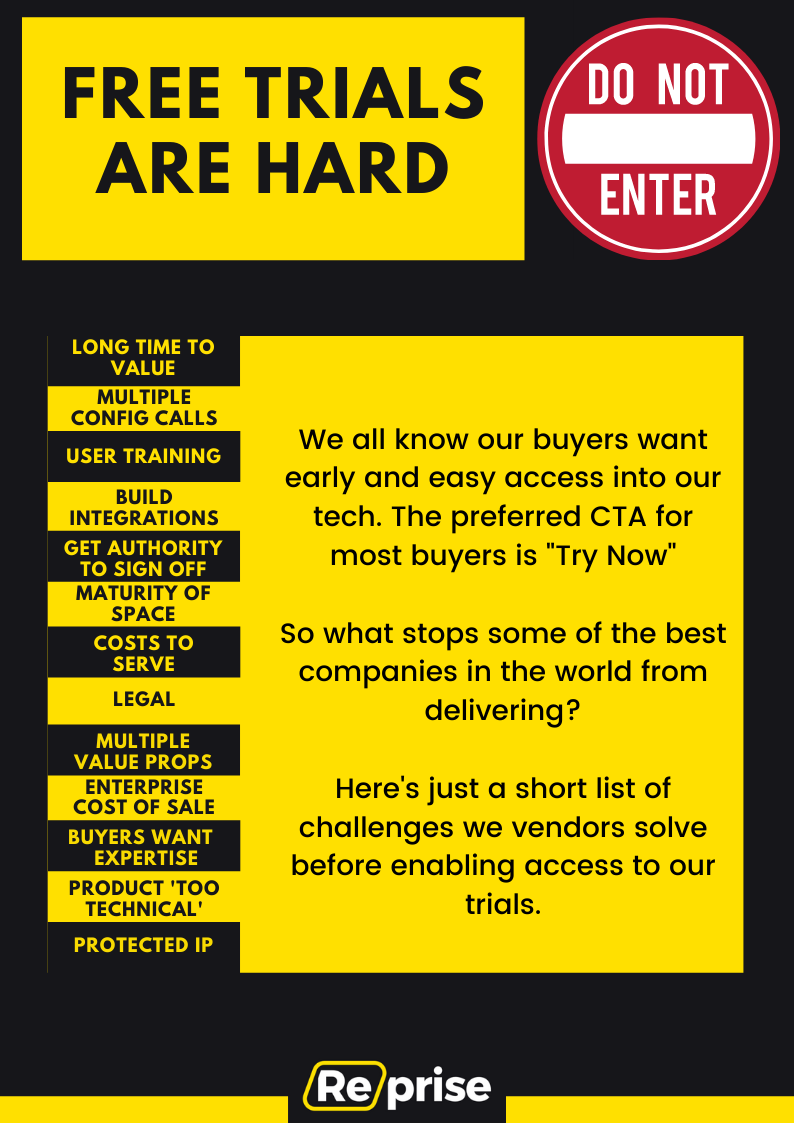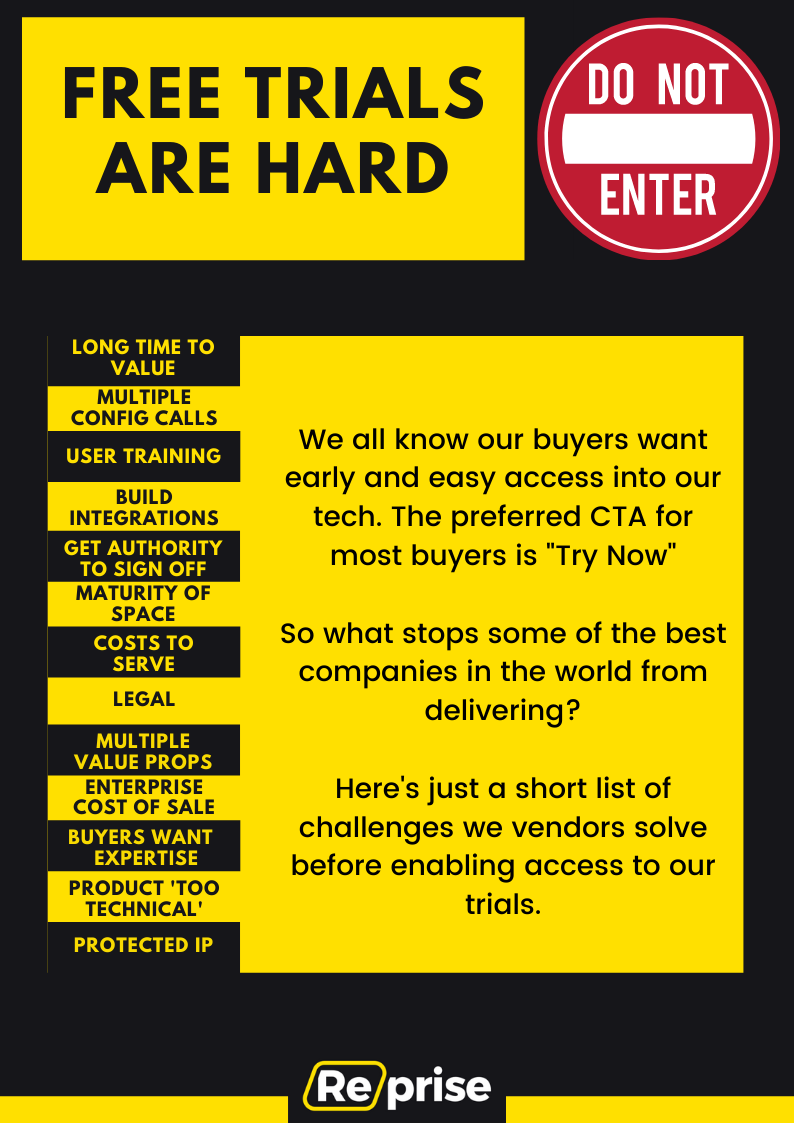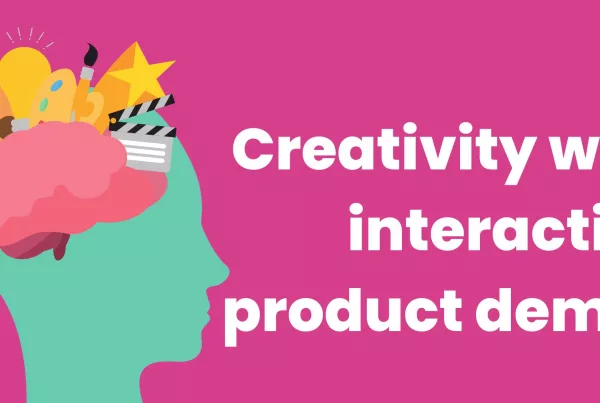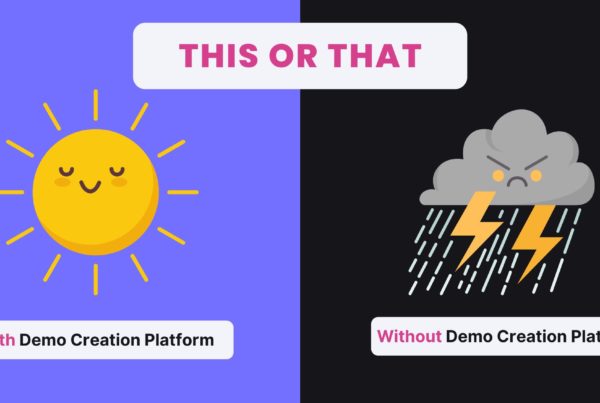Backstory
I’m dying for a freemium model. I want it so bad. The seemingly overnight success at companies like Slack are too tempting to ignore. I don’t think I’m in the minority in saying this; I think we all wish we could win our market this way.
- The acquisition costs are lower, as it requires fewer sellers
- Buying is more enjoyable, which leads to higher NPS
- As a result, the expansions and renewals come easier
A friend of mine that is currently crushing with a freemium model explained it to me: “We use the free trial for two things — lead gen of c
ourse, but also it proves if there is ‘skin in the game’ from the prospect. Before we allocate real resources to a deal, we can simply ask if they’ve gotten started on our freemium account or not.”
It’s a beautiful model. So, why am I staring down an 0-2 count on my previous attempts to create a product-led sales motion?
My Strike 1 – Selling business intelligence
Business Intelligence, as a product type, is complicated.
Take the set up and configuration. It might take a couple of calls before your product “pops” to a new user. Just offering prospects the ability to start and configure their own trial means they don’t get a formal onboarding and the data in the product doesn’t get set up properly.
When trials failed we went with Plan B: we used a ‘Free Trial!’ button on our site to book discovery calls for the sales team. I had a lot of first calls where I went for discovery (step 1) and the prospect was already thinking trial kickoff (step 3).
That mismatch in expectations can lead to a poor prospect experience.
My Strike 2 – Selling call recording
Conversation Intelligence is a competitive space. I joined late and our competitor had a lead. My company’s strategy was thus: let’s blanket the market with a freemium offer to gain breadth and catch up.
One problem — getting permission from sales reps to start recording their calls is hard enough. Damn near impossible was circling back to collect (try explaining to CROs and CFOs that you’ve been recording their calls without them knowing ‘as a favor?’).
I learned something here. I had never stopped to question if the person accepting my free offer actually had the authority to accept it or not.
Some raw conversations
When we decided to launch Reprise, I wanted to see if my experiences above were unique. So, I asked my network. I interviewed as many go to market pros as I could about their current gig as well as companies past.
I found that I wasn’t alone. The freemium model is challenging for most vendors. And the most common reaction is then to run a sales-led motion with some form of free test as part of the process.
The overwhelming common experience was having prospects that just want access to the product early, and with few restrictions. However we are challenged as vendors in letting people get into a product ungated. My conversations with fellow go-to-market pros were actually raw at points- we felt exposed, unprotected. Prospects aren’t always clear in their intentions, competitors are tricksters, and some of us are spending real money to support tire kickers!
I compiled a list of some of the more common obstacles to being ‘product led.’
From a growth marketer at an enterprise SaaS company:
“Our trial touches sensitive areas. And the person who wants the trial isn’t always the one that authorizes that access. So, our prospect wanting a trial and us wanting to give a trial is still not enough. We need to interact with them in some way to earn that trust first.”
From a sales enablement leader with hundreds of sellers:
“At the companies we work with, the wallet holders are not the ones using the software day in and day out. So, you have 10 stakeholders involved in an enterprise decision, and that creates a disconnect between our full capability and a touchless experience for our customers.”
From a CMO at a venture backed startup:
“What if there’s a long time to value? What if the first step is a ton of config? I don’t know that I want to sign up for homework just to get a read on what someone’s product can do.”
From a sales vp with a team of former AWS and Microsoft reps:
“Trials are expensive in our market. We’re not just granting you a seat to lightweight technology; there are real steps and costs involved in deploying a product like ours.”
From someone I love and who we all know 🙂
“Our space is mature. Everyone knows what our technology does at this point, so a trial is actually probably more distracting than helpful in most cases.”
Takeaway
Trials are hard. Sales process is hard. For everyone. We’re supposed to be ‘buyer centric’ but our buyers don’t know what’s best for them. We’re supposed to ‘sell with empathy’ but I feel less empathy for patients that skip their physical.
And that’s just your sales team getting on board with the concept. You’d still have to solve the technical challenges of delivering a full experience without onboarding, configuring, troubleshooting, or training your new users!
As a result, most SaaS vendors are actually moving in the opposite direction of our buyers! Since we can’t build our tech to be seamlessly onboarded, we’ll run the enterprise sales play. We’re training juinor sales reps to hold the line on first calls. While the prospect is asking to log in and take a test drive, we’re screaming ‘No demos before discovery! ‘
But guess what? The enterprise sales play doesn’t play in our market! The reality is that our products are not actually too complicated for a prospect to understand without discovery. Someone can just go get a demo off our site or our competitor’s youtube page. They don’t need our salesperson as part of their education.
It can feel like the only thing a prospect truly needs our salesperson for is to grant permission to take the trial! The prospect shows up to our sales call, begrudgingly gives us discovery, and then asks if they can have their trial now.
It’s contentious at best. And we brought it upon ourselves. You know that MQL just wants to touch your product.
How many roadblocks stand between your buyer and your trial?

Joe Caprio is a cofounder at Reprise.
He also advocates for ICW, ask him about it!






